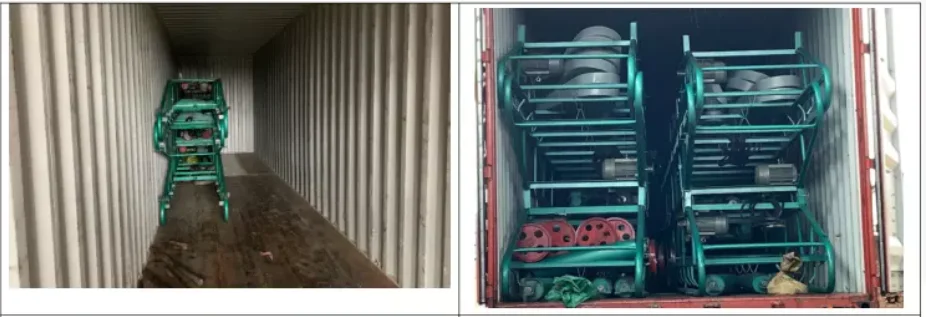Transport Solutions for Broiler Chickens Using Innovative Cage Designs
Oct . 31, 2024 16:08 Back to list
Transport Solutions for Broiler Chickens Using Innovative Cage Designs
The Importance of Transport Cages for Broiler Chickens
Transporting broiler chickens is a critical phase in the poultry supply chain, where the well-being of the birds can significantly affect both their health and the quality of the meat produced. One of the most crucial components in this process is the use of specialized transport cages designed to meet the specific needs of these birds during transit.
The Importance of Transport Cages for Broiler Chickens
In addition to comfort, sturdiness is a vital characteristic of transport cages. They are typically made from durable materials that can withstand the rigors of transportation while also protecting the birds from external impacts. A well-designed cage minimizes the risk of injury during handling and reduces the likelihood of escape, which is vital for maintaining biosecurity protocols.
broiler chicken transport cages

Moreover, the design of these transport systems plays a crucial role in biosecurity. Cages can be constructed to prevent the introduction of pathogens from the environment or other birds, safeguarding the health of the broiler chickens. This is critical in today’s poultry industry, where disease outbreaks can devastate flocks and significantly impact food supply chains.
The use of appropriate transport cages also aligns with animal welfare regulations and public sentiment towards humane treatment of animals. As consumers become more conscious of their food sources and the ethical standards upheld in food production, using well-designed transport cages can enhance the reputation of poultry producers. It reflects a commitment to ethical farming practices, potentially leading to increased consumer trust and brand loyalty.
In conclusion, transport cages for broiler chickens are an indispensable part of the poultry industry. They are not just containers but rather a critical aspect that ensures the safe, humane, and efficient transport of these birds. Adequate investment in high-quality transport cages can lead to better overall poultry management, healthier birds, and, ultimately, improved meat quality. As the industry continues to evolve, prioritizing the welfare of animals during transport will remain paramount. Implementing best practices in cage design and transportation can make a positive difference in the poultry supply chain.
-
Automatic Feeding Line System-Pan Feeder Nipple Drinker|Anping County Yize Metal Products Co., Ltd.
NewsJul.29,2025
-
Hot Sale 24 & 18 Door Rabbit Cages - Premium Breeding Solutions
NewsJul.25,2025
-
Automatic Feeding Line System Pan Feeder Nipple Drinker - Anping County Yize Metal Products Co., Ltd.
NewsJul.21,2025
-
Automatic Feeding Line System Pan Feeder Nipple Drinker - Anping County Yize Metal Products Co., Ltd.
NewsJul.21,2025
-
Automatic Feeding Line System - Anping Yize | Precision & Nipple
NewsJul.21,2025
-
Automatic Feeding Line System - Anping Yize | Precision & Nipple
NewsJul.21,2025






